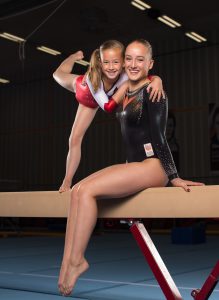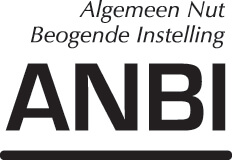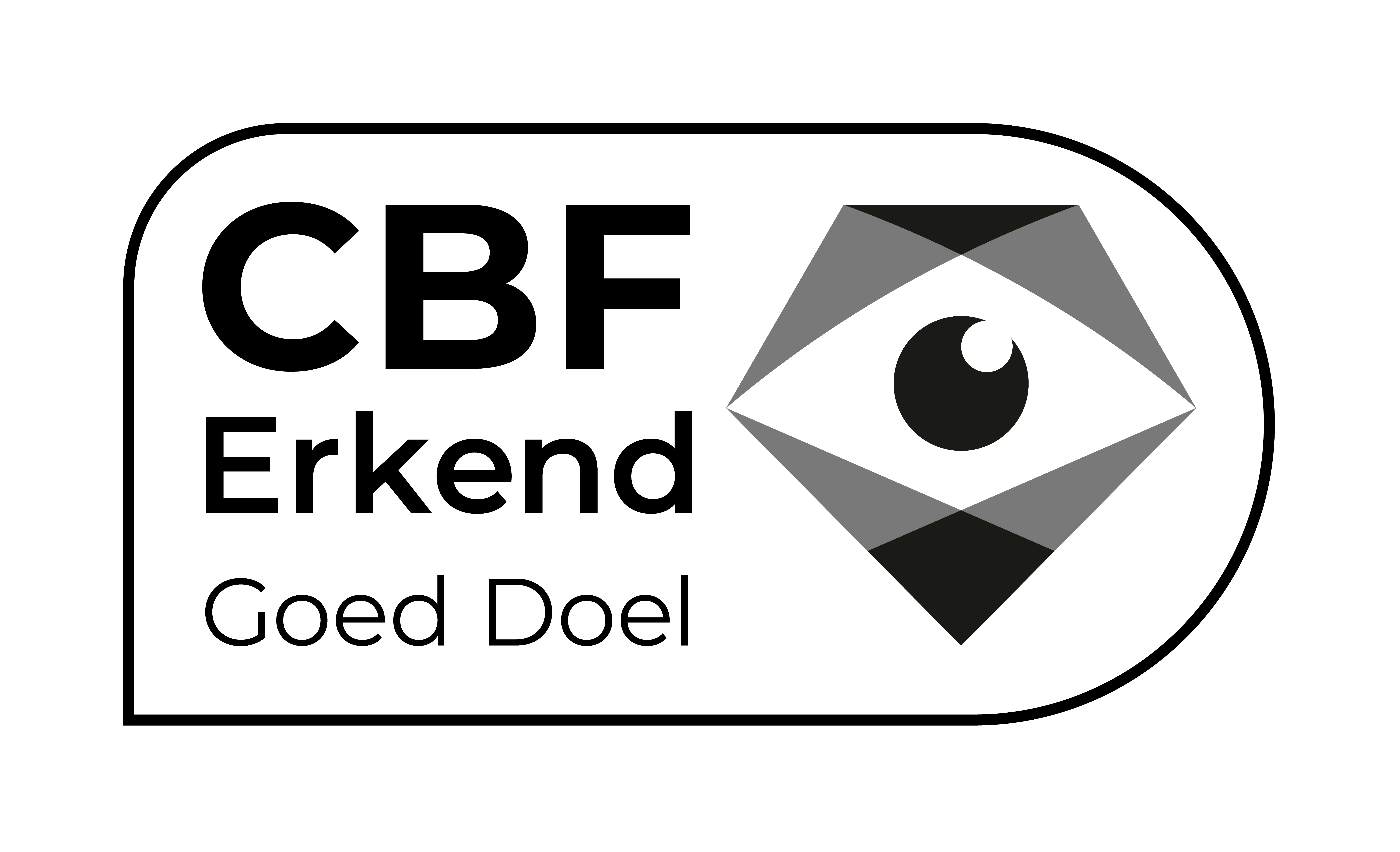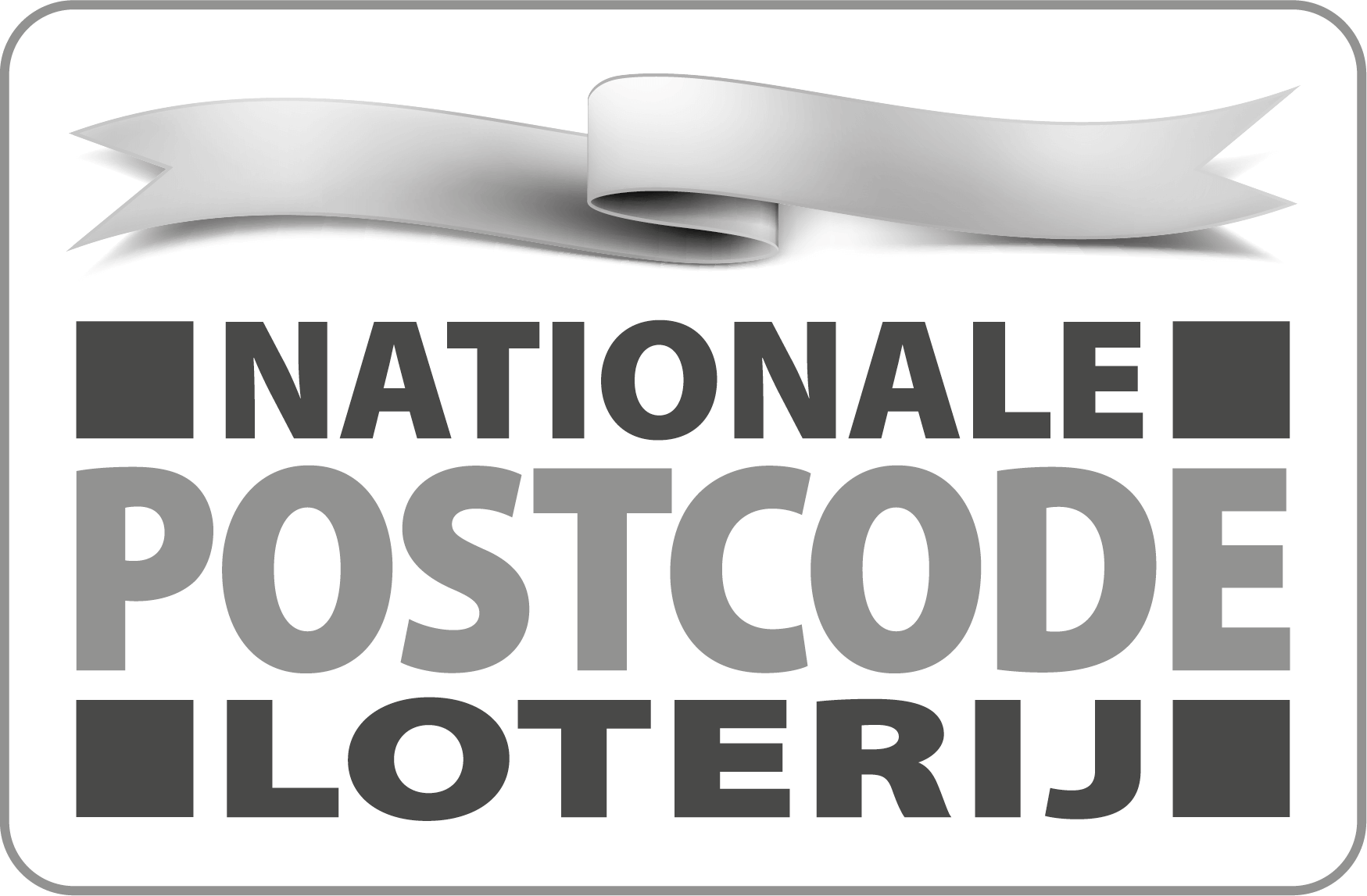October 26, 2018
Sanne Wevers: 'You can't and don't have to do it alone'

Sanne Wevers, Olympic champion on the balance beam, is an ambassador for the Youth Fund for Sports & Culture. The gymnastics hall was one big playground for my twin sister Lieke and me. We could practically play monkey business there all day long. Our parents were both full-time gymnastics coaches, so we were quite young when we first started there; I think we were about three. If they couldn't find a babysitter, we could join them. Because they were busy training, we didn't get any attention for a while. And that was exactly what made it so much fun! We could do whatever we wanted. When I was five or six, I started getting a bit more serious. But that didn't feel like a big step, simply because our parents were already so into gymnastics.
Papa or Vincent?
"I started training with my father when I was twelve. Before that, gymnastics was a frequent topic of conversation in our home, of course, but my father wasn't too focused on it; he had other students he was busy with. When he started training Lieke and me, we started calling him 'Vincent,' and I found that quite difficult. I'd never called my father by his first name before! Now, I still call him Vincent when I think of him in gymnastics, and otherwise, it's just Dad. I alternate between the two."
Without my parents, I would never have gotten this far in gymnastics. They're so involved, so responsible for our success. We went through a difficult time in 2015. We were no longer welcome at the gymnastics club my parents had founded, Bosan TON in Almelo. My father had already been fired two years earlier due to a difference of opinion. He eventually moved with us to Heerenveen because we could train there. My mother, however, stayed behind at home in Oldenzaal. The first six months were really difficult, especially for my parents, of course. And yes, we shared a dream with the 2016 Olympic Games, but it still felt like it was mainly our fault that we had to make the decision to move.
The will to win
From a young age, Lieke was obsessed with becoming good at gymnastics, while I mostly just enjoyed it all. I just wanted to be in the gym, having fun. Actually, I enjoyed everything as a child; I even played tennis, and when we went ice skating in the winter, I thought it was fantastic.
When I transferred to my father's training group, I consciously decided to truly pursue gymnastics. It felt like the next step. In one fell swoop, my attitude changed from 'all live the fun' to completely serious. Gymnastics requires long hours. You have to train incredibly hard. Physical talent alone isn't enough. For example, as a nine-year-old girl, I was selected because I wasn't considered good enough... But through hard work, the will to win, the will to constantly improve, daring to take that small step every day, I managed to get far.
You don't have to do it alone
Sanne Wevers: "Since the Rio Games, I've received many requests to get involved with charities, but to be honest, I wanted an organization that contributes to something positive. That's what the Youth Sports & Culture Fund does, in my opinion. Sport opens doors for a child's future. I simply wouldn't know what it's like to live without sport. It teaches you mental resilience, it teaches you to set and achieve goals, it teaches you the courage to stick with something, to go for it, it teaches you to trust someone who can help you. Your coach, your team."
There are so many good life lessons for children in sports. Especially the realization that you can't do it alone, but you also don't have to. If you want something, you have to put a lot aside. It's no different with school or a job; you always have to make sacrifices to get ahead. You learn those first steps as a child in sports. That it's indeed not wise to go to bed too late, or to play outside the night before a match.
No worries, just a chance
My parents weren't well off. We didn't really notice that as children; I only learned it later in life. And I really appreciate that. For example, my father worked for a long time without pay at the club where we did gymnastics, so we didn't have to pay dues. It was 200 euros a month because we trained thirty hours a week. That was difficult for us to afford. Meanwhile, they did think it was important that we went on vacation. They saved up and we went to the south of France with a caravan.
I think it's very important that children don't have those financial worries. And that's why I think using the Youth Fund for Sports and Culture is such a sensitive topic; no one wants to be pigeonholed. No one wants a child to see their parents in that situation. I can certainly imagine parents feeling a barrier to asking for help. But you should be able to explain it in such a way that using the fund isn't seen as a worry, but as an opportunity.
Read more
Follow Sanne
Facebook: sanneweversnl
Twitter: @swevers
Instagram: @sannewevers.official
Read more stories




